Xylitol is commonly used in baking.
Xylitol is found in many everyday food items
Over 100 enquiries about xylitol were received by the Veterinary Poisons Information Service (VPIS) last year, according to new statistics.
Of the 102 calls recieved, more than a third involved chewing gum, while others involved medicines such as nicotine gums and throat lozenges.
Xylitol, also known as E967, is used as a sweetener and is commonly used in baking.
Now the VPIS, along with the RSPCA, are reminding pet owners to keep hazardous food away from their animals - particularly over the festive period.
Alice Potter, RSPCA's behaviour and welfare expert, said: “Sometimes owners may be harming their pets without realising. You might think saving a bite of cake for your dog is harmless but actually you could be feeding them something toxic.
“What is ok for you to eat may not be ok for your dog or cat. This is especially important over the festive season when there is more food and sweet treats in the house than usual - we would urge people to think about what they are giving their pets to eat."
The VPIS say that over the last three years they have received 291 calls relating to xylitol. Of these, there were 282 dogs (97 per cent), seven cats and two rabbits involved. Forty cases were followed up which included one fatality.
“Xylitol can be extremely hazardous to dogs because it can cause a very rapid drop in blood sugar and later there is the risk of liver damage," said a VPIS spokesperson.
“Keep any xylitol-containing product out of sight and out of reach of dogs, this includes pain killers and chewing gum kept in handbags, products delivered through the letterbox and cakes and cookies baked with xylitol.
“If your pet has accidentally ingested xylitol contact your vet immediately.”

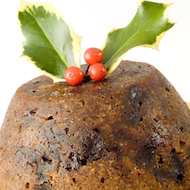

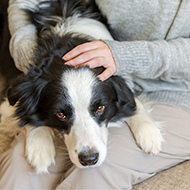
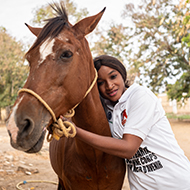
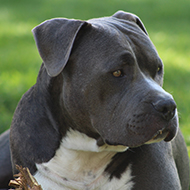
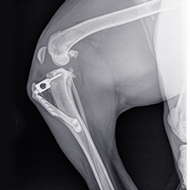
 Birmingham Dogs Home has issued an urgent winter appeal as it faces more challenges over the Christmas period.
Birmingham Dogs Home has issued an urgent winter appeal as it faces more challenges over the Christmas period.
